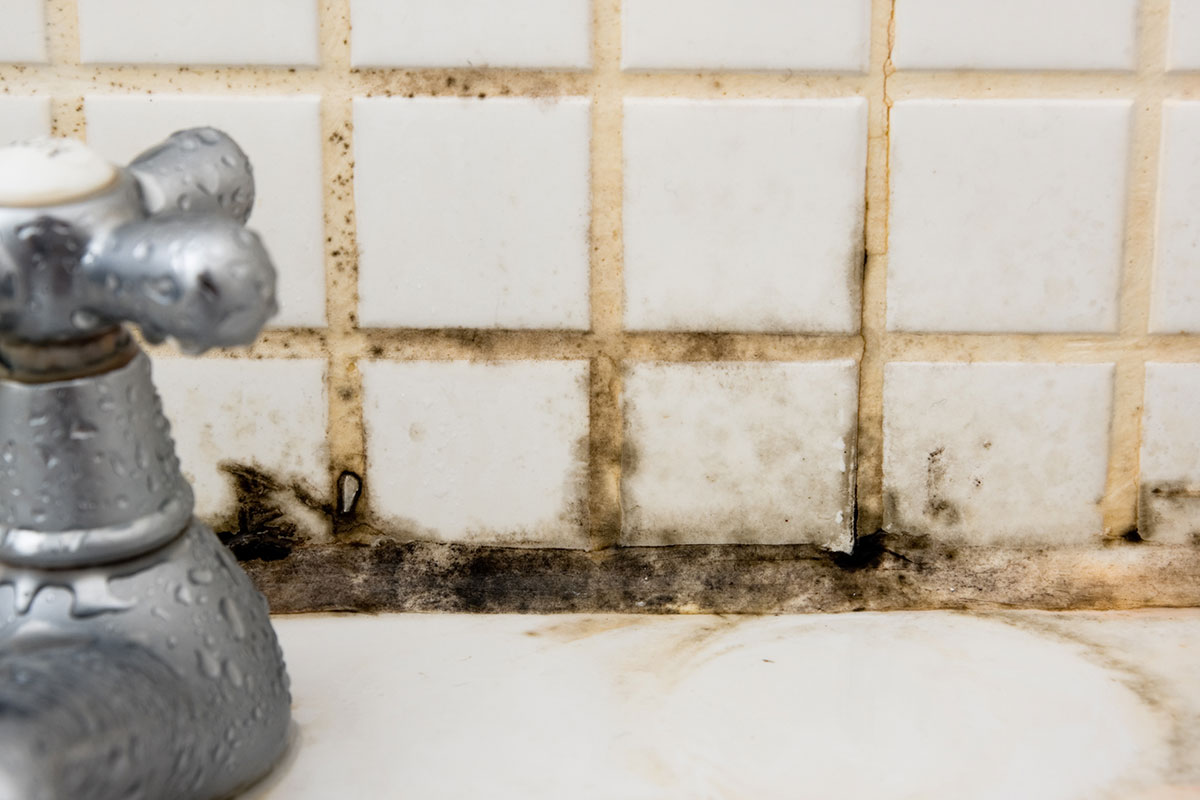You are viewing 1 of your 1 free articles
G15 landlord leaves premature baby with health complications in cold home for months
A G15 landlord failed to investigate a complaint about a premature baby with health complications living in a cold, defective new build property for four months, the Housing Ombudsman has revealed in a special report.
An investigation into Catalyst Housing by the watchdog unearthed repeated complaint-handling failures. It found that the landlord did not complete its internal complaints process until nearly 11 months after the family raised issues around draughts and heating and not until the ombudsman issued a complaint-handling order.
Another resident waited more than three years for issues to be resolved, including water coming into their property.
It took more than a year to respond formally to the complaint.
The ombudsman has urged significant improvements ahead of the social landlord’s full integration with Peabody next month. Its probe found that Catalyst “routinely failed to recognise formal complaints” and that aspects of its service were “arbitrary, disjointed and concerning”.
The watchdog launched a broad investigation into Catalyst in October over concerns with its complaint-handling.
It made a finding of severe maladministration over the way the housing association responded to complaints from shared owners about cold and draughty rooms in their new homes.
The investigation looked at complaints made to Catalyst over a six-month period from May 2022.
This totalled 13 cases and related to complaints initially made to the housing association during 2020-21.
The ombudsman made 31 findings across the cases and found maladministration, including service failure and severe maladministration, in 28 of them.
Overall, this represents a maladministration rate of 90%.
In the case of the premature baby, the mother had complained about draughts and an issue with the property’s heating.
She expressed concern about the cold living conditions for her and her young family and said they could not use the top floor at all, as it was too cold for her baby, who had health complications.
Catalyst passed the resident, and the responsibility for addressing her complaint, between multiple departments and did not begin to investigate the issue until four months later.
During this time, the resident and her family continued to live in a property with inadequate heating and insulation.
The ombudsman found that Catalyst “failed to treat the resident’s complaint with the necessary attention, care and importance”.
Poor record-keeping by the landlord and a resulting failure to do repairs meant another resident lived with pools of water and mould in her home for months.
“During this time, Ms M reports that her health deteriorated and new furniture she had purchased was riddled with mould.
“She was unable to enter certain rooms due to the immediate impact it would have on her body.
“She also reported that her baby’s mattress was covered in mould on the underside,” according to the report.
In another case, Catalyst’s failure to deal with reports of anti-social behaviour meant that a resident’s carers stopped coming to his home because they felt too intimidated.
During the investigation, the watchdog identified seven key themes and made a series of recommendations.
It found that Catalyst often handled complaints in an informal fashion, which led to confusion over the status of residents’ complaints and sometimes “undermined natural justice”.
Among the changes made because of the investigation, Catalyst has adopted Peabody’s complaint-handling procedure and introduced a centralised complaints team.
The ombudsman found that Catalyst often offered compensation as a way of resolving a complaint without investigating the issues raised.
This meant underlying issues were left unresolved and learning from cases was not evident.
A lack of resources in the complaints team was one reason for some of the failures, including the inability to escalate some complaints to stage two or signpost to the ombudsman at the end of stage two.
The ombudsman has reviewed a sample of the landlord’s most recent complaints correspondence and noted “clear improvements”.
It found that Catalyst’s offer of compensation was not always in line with the severity of the issue.
It recommended that the landlord clarify its compensation policy set amounts and the ability to consider on a case-by-case basis.
It also recommended introducing a process for checking how staff are exercising discretion and ‘common sense’ fairly and appropriately.
The ombudsman found that Catalyst’s repairs records were “often problematic”. Repairs logs went missing, jobs were closed in error and reported repairs and completion dates were not captured accurately.
This resulted in delays to issues being addressed, as well as confusion, uncertainty and frustration for the resident, the watchdog found.
In response, Catalyst developed a centralised customer relationship management database.
The ombudsman remained concerned that there were still issues in this area with consistency, so recommended a training needs analysis for all staff and a review into its record-keeping process.
It also found issues with aftercare for new builds, identifying a lack of coordination between the aftercare team and the complaints team.
This led to “lengthy delays in sorting defects”.
The housing association now has defect management and aftercare operating as a centralised team and has implemented measures to improve internal record-keeping.
The ombudsman has recommended staff training for the new defects management system and that the landlord should publish its aftercare policy.
The watchdog also recommended a more comprehensive approach to quality assurance.
The watchdog found that problems with communication, both internally between service areas and externally with residents, underpinned and linked of all the themes.
The repairs, complaints and aftercare teams did not always share information appropriately.
There was also concern around the landlord’s communication tone, which “did not always demonstrate empathy to residents or recognise individual circumstances”.
Richard Blakeway, the housing ombudsman, said: “From the outset, the leadership of both landlords has been open, focused and proactive in response to issues emerging from our investigations.
“These found the landlord routinely failed to recognise formal complaints and treat them as such.
“This caused unacceptable delay in dealing with issues and subjected residents to ongoing distress and inconvenience.
“This could be compounded by poor internal communication, with one resident waiting 40 months for defects to be addressed, including stopping the water coming into the property.”
He said he welcomed the focus from Catalyst on “ensuring that the learning does not get lost as it finalises its merger”.
A statement from Catalyst is included in full below.
Catalyst statement
“Aspects of Catalyst’s complaint-handling, record-keeping and communications prior to joining together with Peabody in April 2022 fell below the standards residents have the right to expect.
“We are sorry for this and are putting it right.
“We have reviewed and strengthened our procedures, increasing our emphasis on the Complaints Handling Code through training and recruitment and ensuring that Catalyst’s approach is aligned with the rest of the Peabody Group.
“We accept the recommendations of the report in full.
“Whilst the cases investigated and monitored in this report all relate to 2020-21 and predate the changes Catalyst has made, we are clear about the need to continuously improve our services.
“A new panel, composed entirely of residents and chaired by a board member, will make sure that the recommendations are properly implemented.
“We want to be sure that all areas of our complaints-handling service are working well, so are carrying out a top to bottom group-wide comprehensive review led by our chief operating officer.
“ Along with a systematic audit approach to learning lessons from complaints, this will identify further improvements and provide quality assurance throughout our complaints service.
“A leadership panel is also in place, interrogating complaints handling to ensure vital signs are spotted, acted on and escalated.
“Regional managing directors are tasked with ensuring that learning from complaints is rigorously applied in the service.
“We’re also focusing on professional standards, certification and accreditation as well as embedding the right values and behaviours in all our teams.”
Sign up for our asset management newsletter
Already have an account? Click here to manage your newsletters












